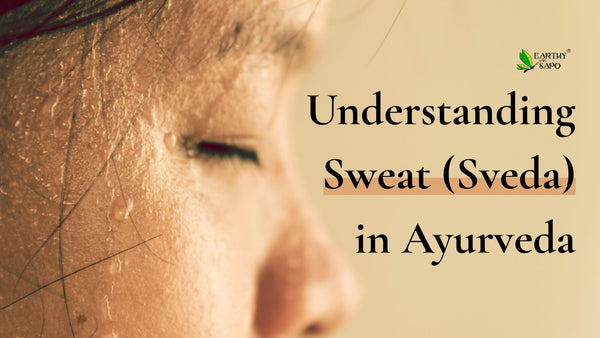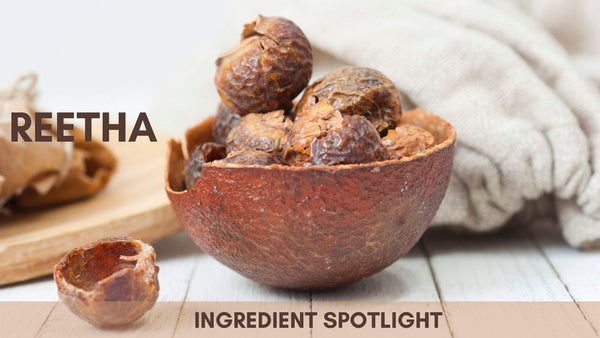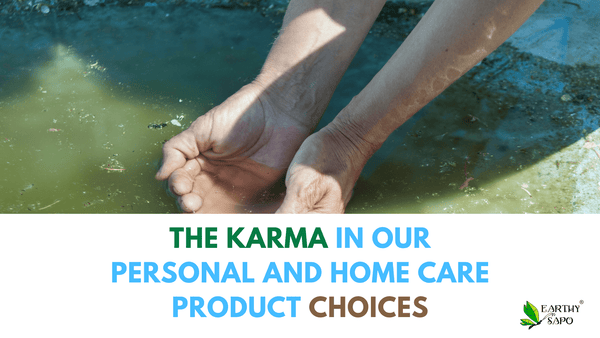A Closer Look at the Harmful Chemicals Commonly Found in Beauty Products

Beauty products are a part of our daily routine, helping us enhance our appearance and feel confident. However, many of us are unaware that some of these products contain harmful chemicals in beauty products that can negatively affect our health. Chemicals such as parabens in skincare, phthalates in beauty products, and formaldehyde are commonly found in beauty products and can cause severe health issues.
This article will examine the harmful chemicals commonly found in beauty products, including mercury, and how they can affect our health.
Parabens:
Parabens in skincare are widely used as a preservative to prevent bacteria and fungus growth. However, research has shown that they can disrupt hormones, cause reproductive issues, and even increase the risk of breast cancer. Many people ask, “do parabens in cosmetics cause cancer?” and while studies are ongoing, there is enough concern to seek alternatives. To avoid parabens, look for products with natural preservatives such as vitamin E or grapefruit seed extract.
Phthalates:
Phthalates in beauty products are chemicals added to improve texture and scent. They are often found in perfumes, lotions, and nail polish. Scientific studies have linked phthalates to reproductive issues. You may even come across a phthalates test in product safety evaluations. Look for “phthalate-free” products or use natural fragrances such as essential oils.
Formaldehyde:
Formaldehyde is used as a preservative in beauty products and can be found in hair straightening treatments, nail polish, and eyelash glue. It’s a known carcinogen and can cause respiratory issues, eye irritation, and skin reactions. Look for “formaldehyde-free” products or use natural preservatives such as citric acid.
Mercury:
Mercury is a toxic heavy metal found in some skin-lightening creams, eye drops, and mascara. It can cause serious health issues like kidney damage, neurological problems, and skin rashes. Mercury is banned in many countries, but some products still contain this harmful chemical. To avoid mercury, always check the ingredient list of your beauty products and avoid anything that contains mercury or its compounds.
Sodium Lauryl Sulfate (SLS):
Sodium Lauryl Sulfate (SLS) is used in products like shampoo, soap, and toothpaste to create foam. However, it can strip natural oils from your skin and scalp, leading to dryness and irritation. SLS may also trigger allergic reactions and skin rashes. You can identify it by its Sodium Lauryl Sulphate CAS No., often listed on ingredient labels. Look for “SLS-free” products or switch to natural products for skin care, such as those made with coconut or olive oil-based surfactants.
How to Avoid Harmful Chemicals in Beauty Products:
Read Ingredient Labels:
Take time to check the ingredient labels before buying beauty products. Look for options that clearly state they are free from harmful chemicals in beauty products like parabens, phthalates, formaldehyde, mercury, and SLS.
Choose Natural and Organic Products:
Opt for natural products that are made from natural products for skin care. Look for certifications like USDA Organic, COSMOS Organic, or Ecocert India to ensure the authenticity of these products.
Educate Yourself:
Stay informed by reading scientific studies and trustworthy sources about harmful ingredients in cosmetics. Being aware of the effects of phthalates, parabens, and SLS can help you make safer choices.
Research on Brands:
Explore beauty brands committed to producing non-toxic and transparent products. Always verify ingredient lists, especially if a product claims to be “natural.” Look for brands that promote natural skin care and ethical practices.
Studies have shown that the average person uses around 12 beauty products daily, exposing themselves to over 100 different chemicals. Research indicates that 1 in 8 of the 82,000 ingredients used in personal care products are industrial chemicals including carcinogens, pesticides, reproductive toxins, and hormone disruptors.
Choosing safe and natural beauty products isn’t just about personal well-being — it’s a powerful step toward a cleaner, healthier world. Every small decision you make as a consumer can influence the beauty industry to focus more on transparency and safer formulations. By supporting clean, ethical brands and demanding stronger safety regulations, we can create lasting change.





